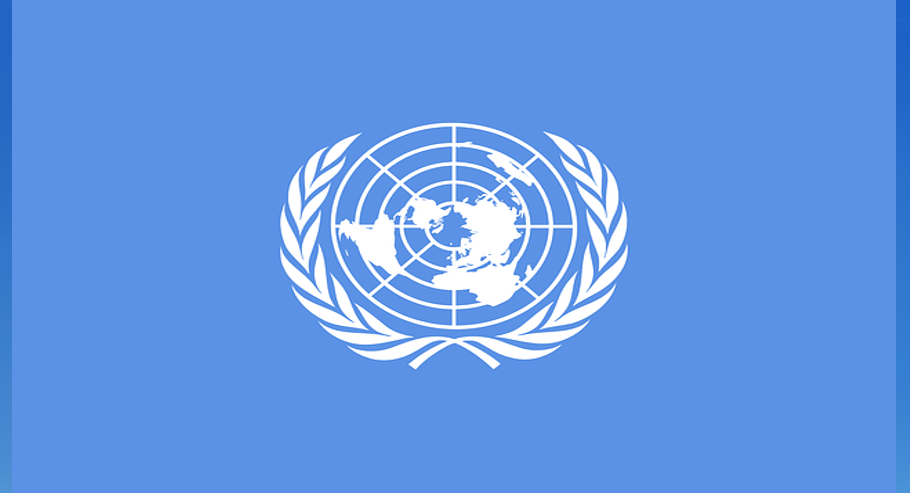The humanitarian crisis in Ethiopia’s Amhara region has worsened, with the United Nations Office for the Coordination of Humanitarian Affairs (OCHA) reporting significant food insecurity, worsened malnutrition, and escalating aid disruptions due to renewed fighting. OCHA’s latest update highlights that access to basic services like healthcare, education, and clean water remains severely restricted across the region, exacerbating the suffering of vulnerable populations.
In particular, Bugna district has been identified as “severely food insecure,” a condition compounded by a combination of ongoing conflict, drought, floods, and snowstorms, according to the Amhara Disaster Risk Management Commission. As of April 2024, over 77,000 people, including 10,000 displaced individuals, are facing extreme food shortages.
Local militias in the Bugna and Lasta districts have implemented access restrictions that further complicate relief efforts, preventing vital aid from reaching those most in need. The European Civil Protection and Humanitarian Aid Operations (ECHO) and Addis Standard have previously reported that these blockages are intensifying the crisis, leaving thousands without access to essential resources.
While OCHA forecasts a better harvest in 2024 compared to last year, food markets in the region remain under significant strain. Rising prices and reduced availability of essential goods continue to undermine the population’s ability to meet their basic needs.
The situation is further aggravated by the “Unity Campaign,” a renewed military offensive that began in the summer of 2023. The fighting has intensified in recent weeks, claiming civilian lives and displacing more individuals, further complicating efforts to address the already dire humanitarian needs.
With the conflict showing no signs of abating, the international community continues to call for increased humanitarian access and a sustainable peace process to address the root causes of the crisis. The situation remains critical as both local and international aid organizations work to provide life-saving support amid ongoing challenges.



